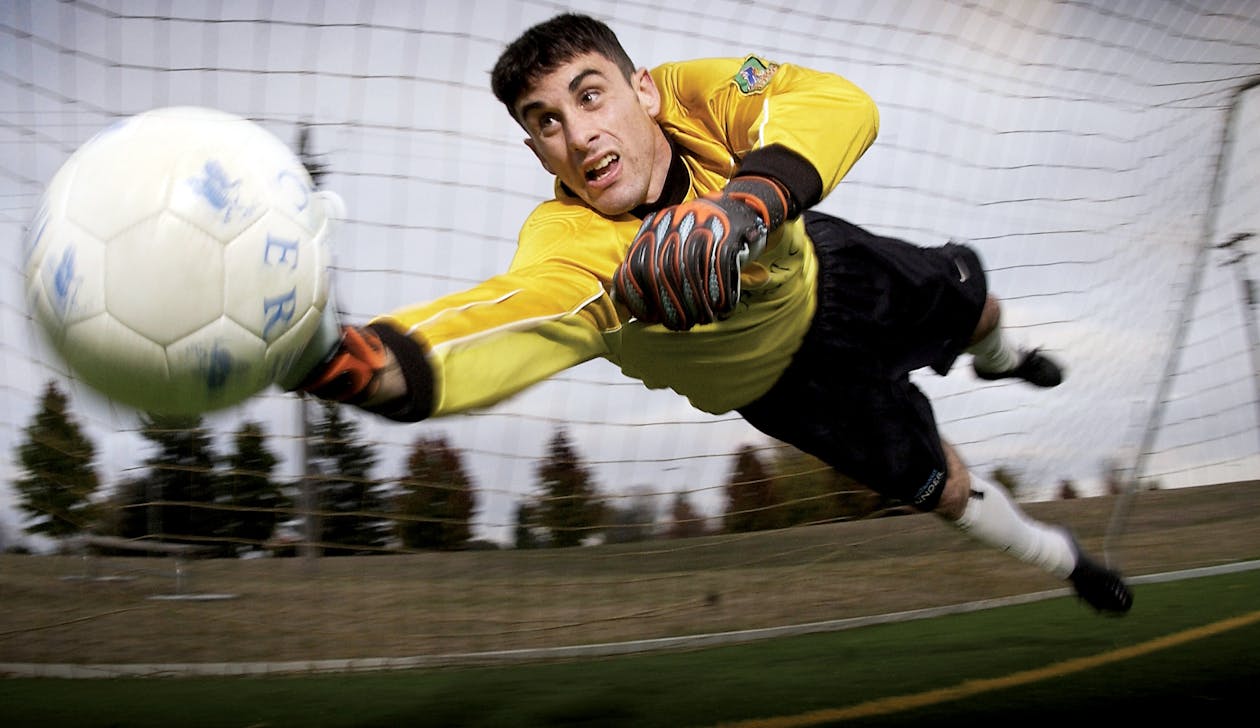Soccer is a beloved sport around the world and has been for centuries. Unfortunately, there are many myths about soccer that are simply not true. In this blog post, we’ll be debunking 10 of the most common myths about soccer, so you can be sure to have an accurate understanding of the sport. From the physical demands to the technical skills required, we’ll look at each of the myths and explain why they simply aren’t true. Keep reading to learn more about these 10 myths about soccer and why you need to stop believing them!
1) Soccer is a man’s sport

Contrary to popular belief, soccer is a sport for both men and women. While there are differences between the rules for men’s and women’s soccer, both are highly competitive and entertaining. Women have just as much of a place in the sport as men do. In fact, some of the best and most iconic soccer players have been women. From Mia Hamm, who won two FIFA Women’s World Cups, to Marta Vieira da Silva, a six-time FIFA Player of the Year winner, women are an integral part of soccer’s history and its future.
2) Women’s soccer isn’t as good as men’s
This is simply not true. Women’s soccer has come a long way in recent years and female players are just as talented as their male counterparts. Women’s teams have won several major tournaments, proving that they can compete at the highest level. The quality of women’s soccer is continuously improving, and it is quickly becoming one of the most popular sports in the world.
3) Soccer is easy

This is a myth. Soccer requires skill, physical ability, and mental fortitude. It takes a lot of practice and dedication to become good at the game. Even with the best coaching and resources, it takes time to master the fundamentals of the game.
4) Anyone can be a good soccer player
It’s a common misconception that you need to be naturally talented to excel at soccer. In reality, it takes hard work and dedication. With practice, anyone can become a good soccer player. It doesn’t matter if you don’t have the “natural” skill, with enough time and dedication you can become a great soccer player.
5) You need to be strong to play soccer

No, strength is not essential to play soccer. You do need to be physically fit, but this doesn’t necessarily mean you have to be “strong”. Soccer requires endurance, agility, and good coordination. Strength is not a requirement, and many players focus more on developing their technique and skill.
6) Soccer is a dangerous sport
False. While it is a full-contact sport, the rules of soccer make it much safer than other sports. With properly enforced rules and protective equipment, soccer can be a safe and enjoyable sport for all ages. In fact, studies have shown that injuries from soccer are much less frequent and severe than from other contact sports.
7) Only kids play soccer

This is a common misconception that soccer is only for children. Soccer is actually an incredibly popular sport amongst adults of all ages and is enjoyed by people from all backgrounds. So, don’t be fooled – adults play soccer too! Many adults find that soccer provides a great way to stay fit, make new friends, and enjoy the outdoors. It’s a great sport for all ages.
8) Soccer is a boring sport
This is a common misconception about soccer. In reality, soccer is an incredibly exciting sport to watch, full of thrilling moments, skilled plays, and intense drama. Soccer is far from boring. Soccer is a fast-paced game, full of energy and excitement. There’s always something happening on the field, and every match is unique. So don’t buy into the myth that soccer is boring–you’ll be missing out on some of the most captivating sports action around.
9) Soccer is only for people in good shape

Contrary to popular belief, soccer isn’t just for those in peak physical condition. Players of any size and skill level can enjoy the game and benefit from its many benefits. Soccer is an inclusive sport, and players of all shapes and sizes can find a place on the field.
10) Soccer is a team sport
Players must work together to move the ball up the field and score. Communication, strategy, and teamwork are all essential components of a successful soccer team. Each individual player is part of the team and must do their part in order to be successful.

